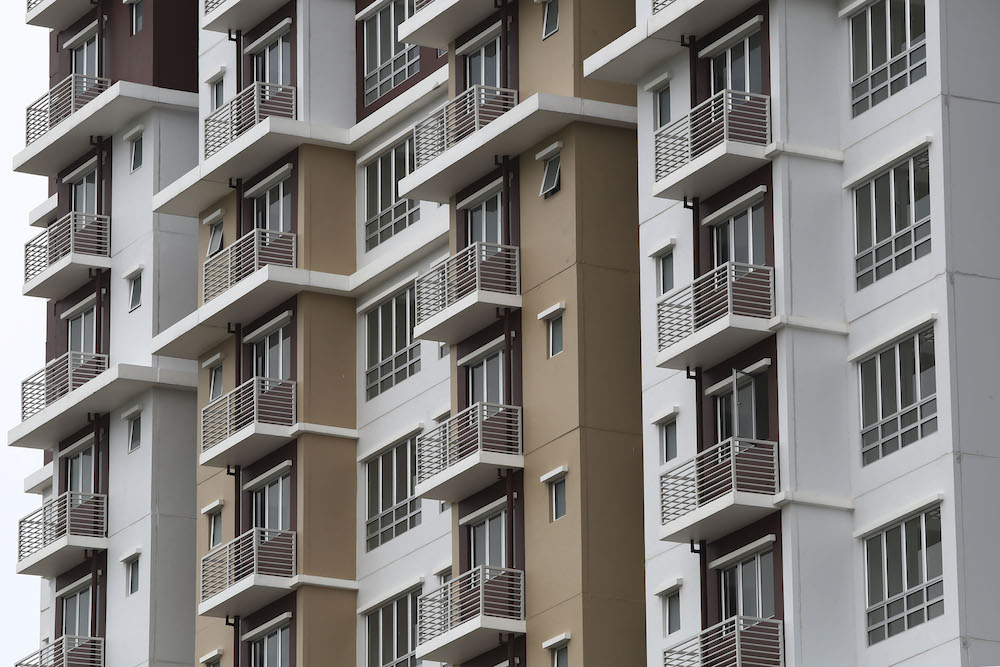KUALA LUMPUR, June 15 — The government’s measures under the short-term Economic Recovery Plan (Penjana) to address the property gaps are much-needed catalysts for the market amid larger unemployment and recession woes, said PropertyGuru Malaysia country manager Sheldon Fernandez.
In a statement today, he said the deficit spending approach taken by the government is an established strategy in addressing potential recession trends, laying the foundation for the property market to return to pre-Covid-19 crisis levels.
The government’s move to reintroduce the Home Ownership Campaign (HOC) as well as the revision of the Real Property Gains Tax (RPGT) and margins of financing for third housing loans onwards serve to shore up sentiment while unlocking pent-up demand, he said.
Fernandez added that the upward revision of 70 per cent margin of financing limits for third housing loan onwards for properties priced RM600,000 and above is particularly timely, given the potential interest among investors with financial leverage for strategic high-rise and terrace projects.
He said the pre-crisis asking prices were on the uptrend in May, as the web traffic for properties priced from RM501,000-RM700,000 and RM701,000-RM1 million on PropertyGuru.com.my grew by 10.4 per cent and 12.7 per cent, respectively.
“Additionally, the RPGT exemption for disposals of up to three residential homes per individual till Dec 31, 2021 is a boon for sellers and upgraders, as well as those seeking emergency funds,” he said.
The Home Ownership Campaign (HOC), which is mandated up to May 31, 2021, would help to address ongoing residential property overhang concerns.
“However, some clarity is required when executing these provisions. Do stamp duty exemptions apply to new launches as well as overhang units? If so, it may be difficult to reduce the overhang even with HOC 2020,” said Fernandez.
Meanwhile, Joe Hock Thor, chief executive officer of MyProperty Data said the HOC is likely to catalyse interest within the sub-sale market segment, leading buyers to seek potential bargains in the segment amidst a favourable financing environment.
He said over 60 per cent of the sub-sale market in 2019 consisted of first first-time buyers, but noted that the demand for rental properties may increase as home seekers are playing it safe, placing upward pressure on rental prices in the long term.
“The signs are there that we are in a buyer’s market, but with so much uncertainty, we may not see demand returning to pre-Covid-19 levels among first-time buyers in the sub-sale market until at least the fourth quarter of 2020.
“The demand would be accelerated if stamp duty waivers are extended to the sub-sale market,” Thor added. — Bernama






















